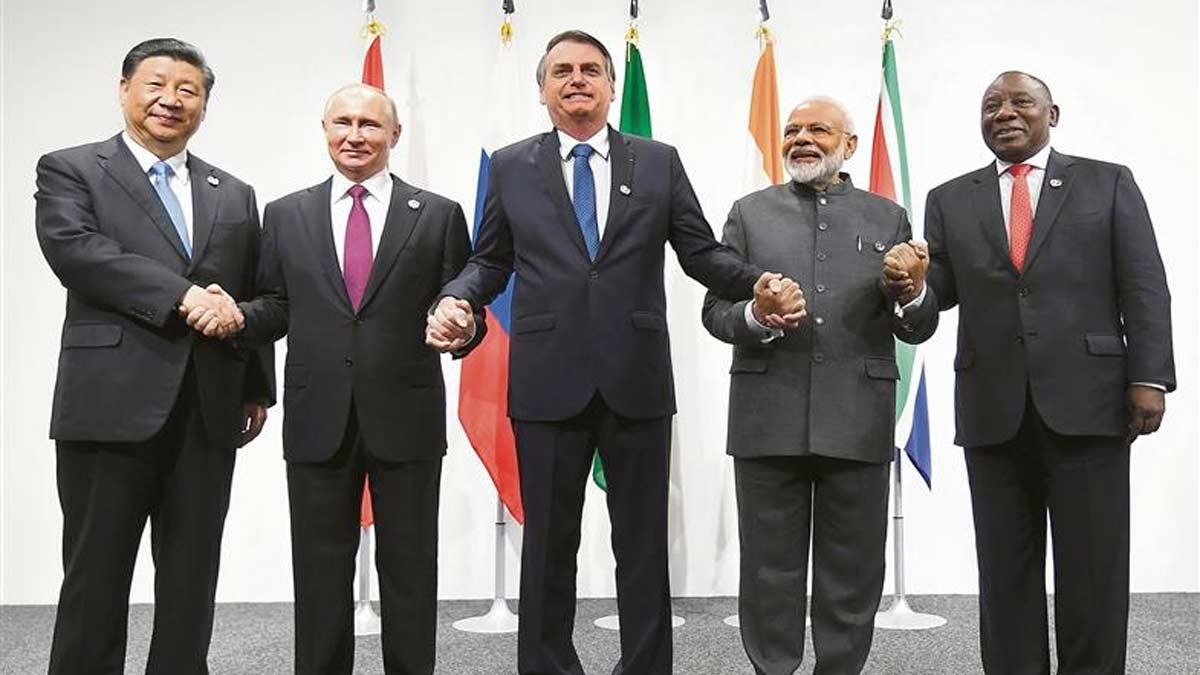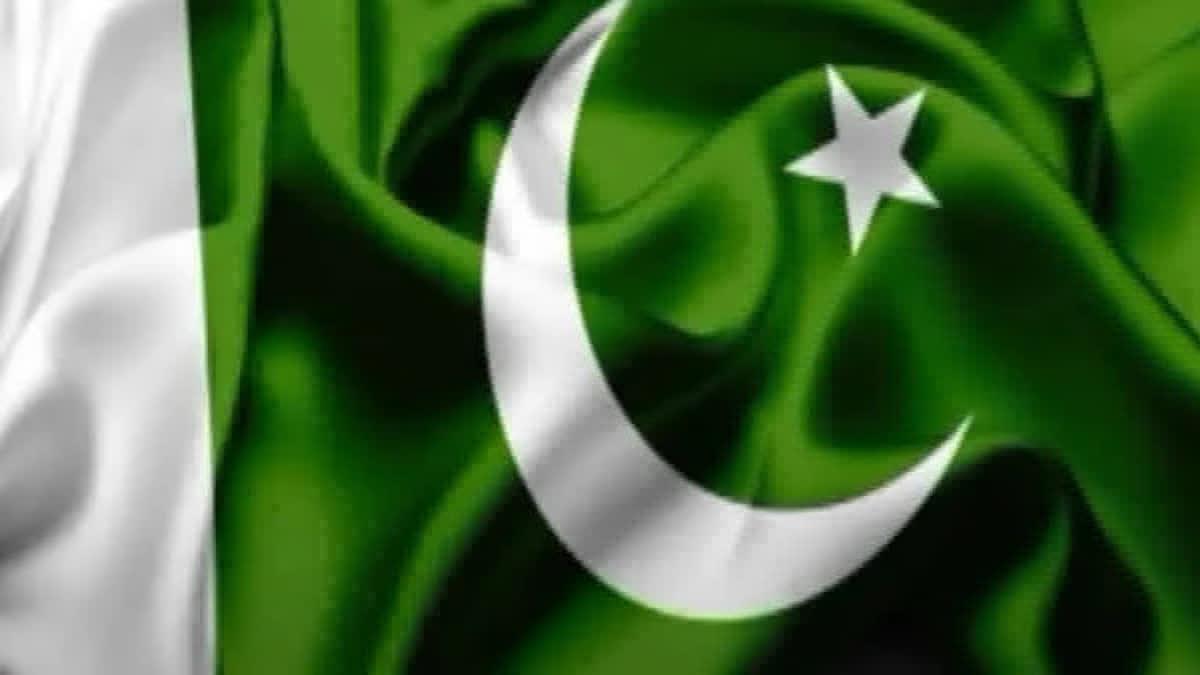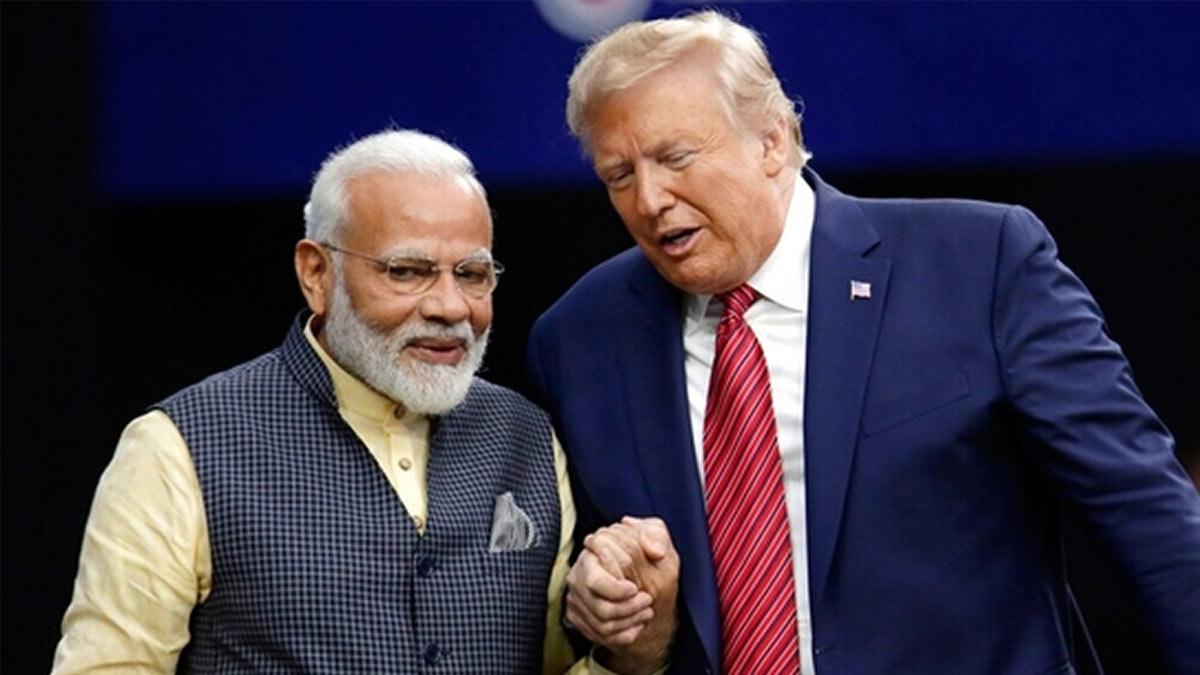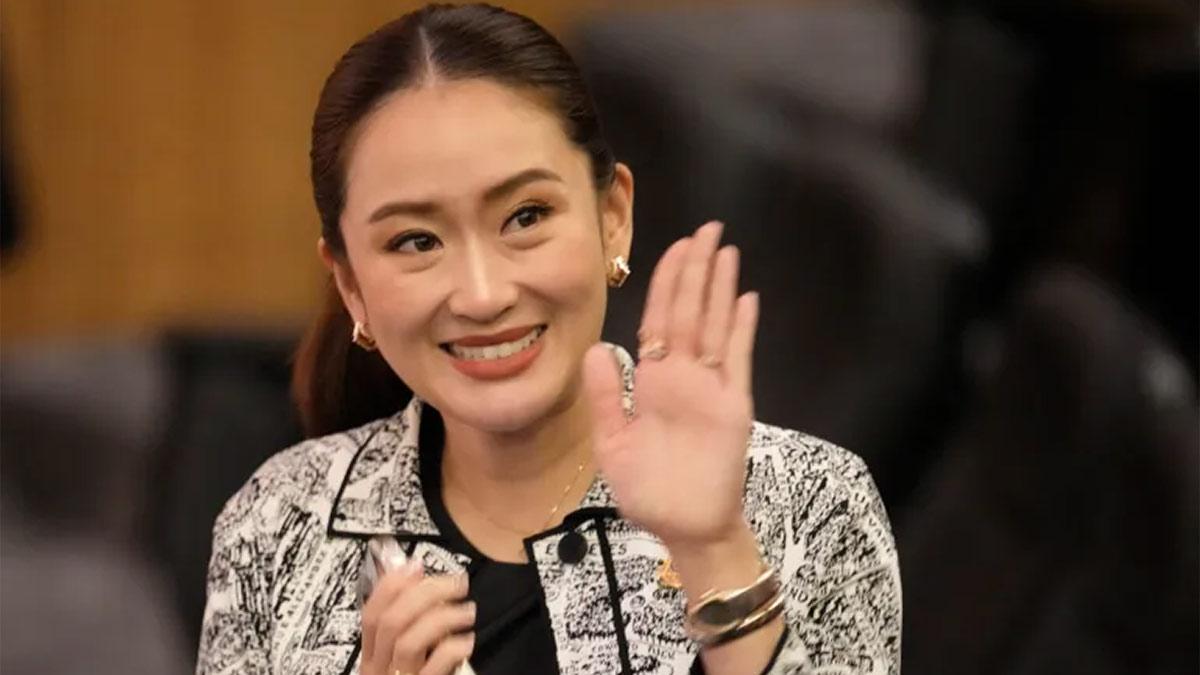The BRICS alliance, consisting of influential emerging economies like India, Russia, and China, has recently expanded its membership, signaling a strategic move to strengthen its global influence in response to Western dominance. With Moscow at the helm of BRICS, Russian President Vladimir Putin announced the addition of five new full members, namely Egypt, Ethiopia, Iran, Saudi Arabia, and the United Arab Emirates, bringing the total to 10 nations.
During the BRICS summit in Johannesburg last August, leaders approved the inclusion of six new countries, including Argentina, starting from January 1. However, Argentina's President Javier Milei recently opted out of BRICS membership.
President Putin emphasized the growing significance of BRICS, stating that the new additions underscore the association's rising authority and its pivotal role in international affairs. He highlighted BRICS' principles of sovereign equality, openness, consensus, and its commitment to establishing a multipolar international order and a fair global financial and trading system.
Originally formed in September 2006 as BRIC, comprising Brazil, Russia, India, and China, the alliance became BRICS in 2010 when South Africa joined. With members representing a quarter of the global economy, BRICS has played a crucial role in global economic growth.
Putin, outlining the focus of Russia's 2024 BRICS chairmanship, highlighted positive and constructive cooperation with all concerned countries. He expressed dedication to facilitating the integration of new participants while preserving traditions and leveraging past experiences. Additionally, he mentioned exploring the inclusion of about 30 other countries in the BRICS agenda and working on a new category of BRICS partner countries.
The Russian presidency aims to enhance foreign policy coordination among member countries, seeking joint responses to international and regional challenges. Priorities include promoting cooperation in science, technology, healthcare, environmental protection, culture, and sports. Over 200 events in various Russian cities are planned, leading up to the BRICS Summit in Kazan in October, serving as the culmination of Russia's chairmanship. Interested countries are encouraged to participate in these events to foster collaboration within the BRICS framework.
(With Agency Inputs)
Read also| BRICS Member States Criticize Israel, While India Maintains Its Stance


















